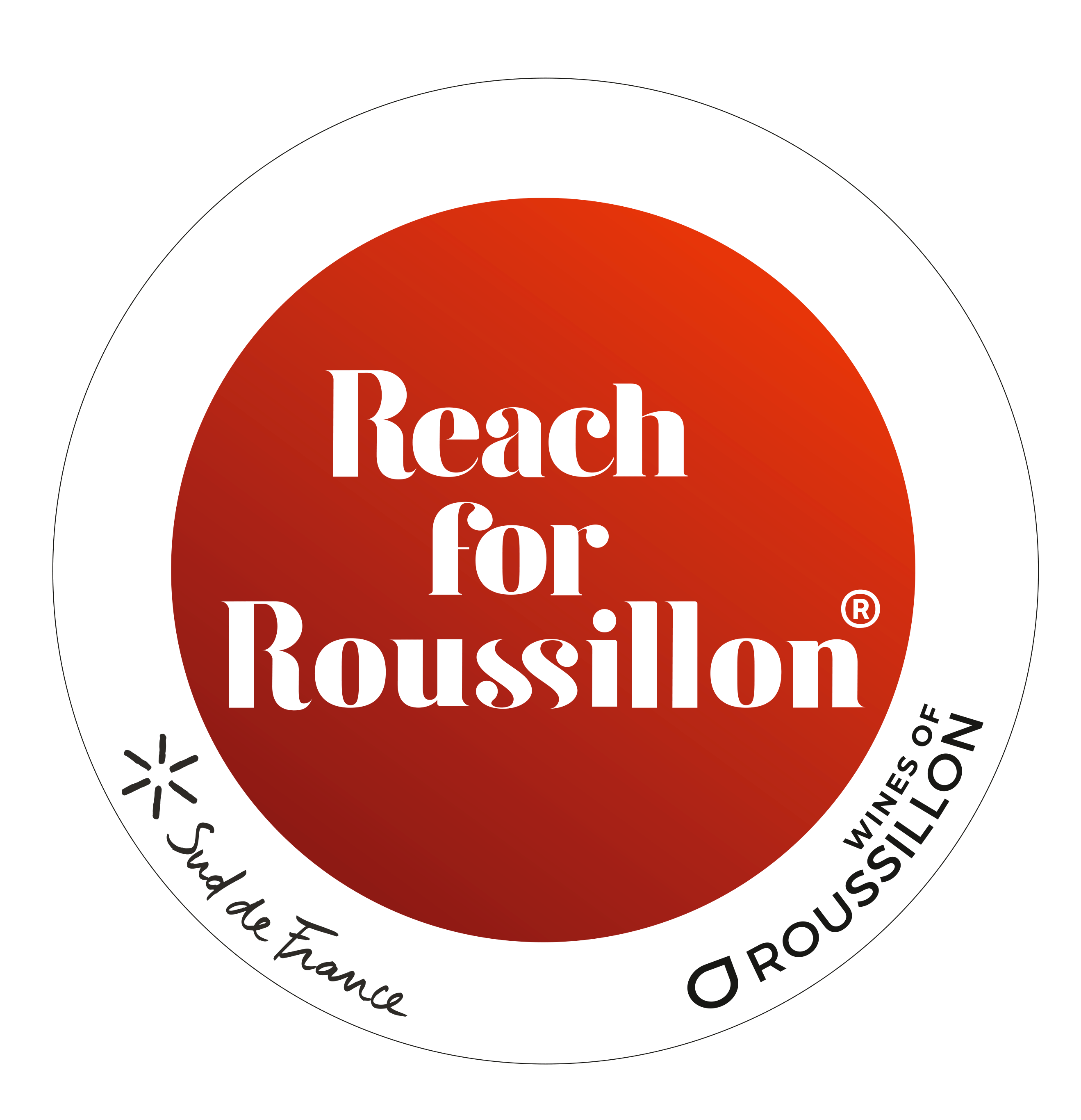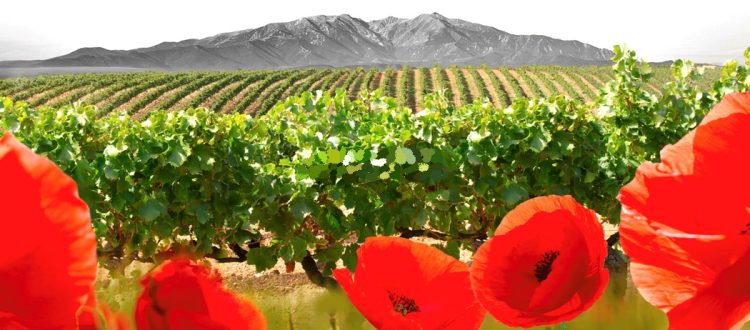Here in Roussillon, biodiversity is at home
Celebrating Biodiversity
In front of the legendary Canigou, this majestic sentry of the Catalan lands, a remarkable biodiversity flourishes, delivering exceptional wines. The true nature of Roussillon is fully revealed in their inimitable character.
More and more vineyards no longer compete with the natural landscape, but merge with it and are cultivated with the greatest respect for the wildlife which passes through or inhabits them.
The Tramontane reigns supreme here. It’s a dry, impetuous northerly wind that cannot bear the shadow of a cloud in the intense blue sky of Roussillon. Its powerful, vital breath ensures the pollination of a considerable number of plants in the spring and provides 316 days of sunshine a year in France’s southernmost wine making region. More wind and more sun mean less phytosanitary treatment. It’s a virtuous circle bestowed by nature and to which the winemaker pays tribute.
From May onwards, nature sends out an unmistakable signal. Part of our land is covered with poppies. It’s a red carpet that nature rolls out to welcome life. This blood-red wildflower is the symbol of biodiversity. It is proof of the absence of pesticides, provides an invaluable refuge for insects and birds, as well as a cornucopia of honey for bees, life’s tireless workers.
Promote our commitment to biodiversity.
The Wines of Roussillon have launched a new sustainable development campaign to support agri-environmental initiatives, organic conversions, and access to HVE certification, in a show of respect for biodiversity.
Roussillon has always been ahead of the curve in terms of sustainable development. The commitment of its producers to good environmental practices has made Roussillon one of France’s most committed regions in terms of organic viticulture and biodynamic practices.
As part of a continuous upward trend, 35% of all Roussillon vineyards are now already certified organic.
A survey conducted among CIVR’s members, a sample representing 91% of total volumes produced within Roussillon in 2022, indicates that 71% of all AOP and IGP wine produced were made following agro-environmental practices. It also reveals that 42% more of the total vineyard were either engaged in organic practices, in the process of conversion, or following HEV practices..




